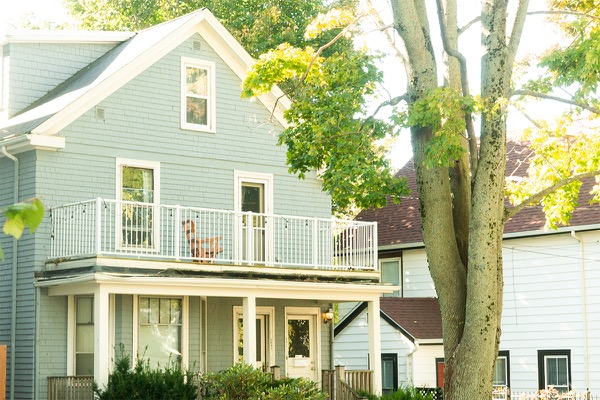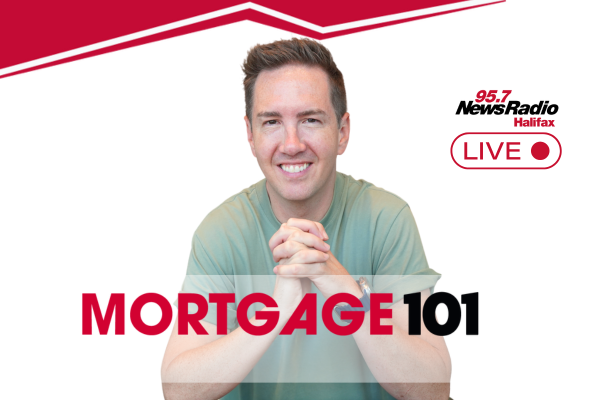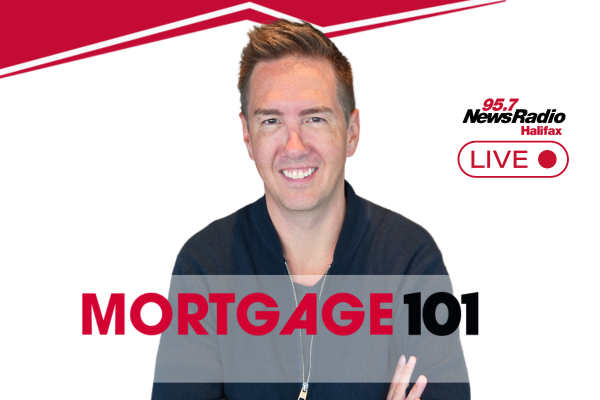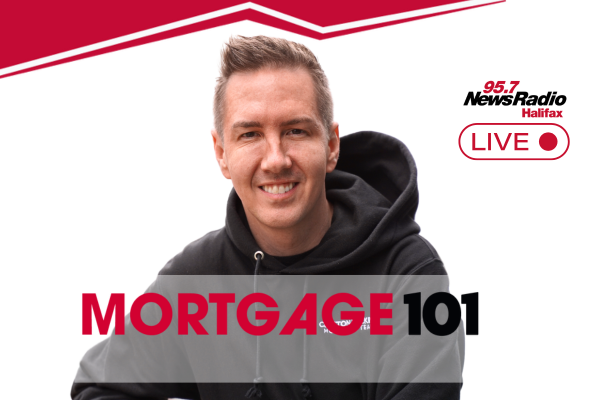Dan Ahlstrand and Clinton Wilkins are joined by Mario Cloutier of Manulife to discuss the importance of risk insurance for home additions, creditor insurance, and the importance of financial literacy.

Want to buy a home? You need to know how to budget!
For any home buyer, one of the most important first steps is ensuring you know how to budget for this purchase. Buying a home is probably the biggest expense you will take on, so understanding the costs and how to prepare for them is essential! Learning how to budget can be tricky, especially if this is your first time buying a home. Here’s a quick walkthrough on finding the right budget, and what expenses you need to prepare for.
Housing prices today
Before you start budgeting, it’s probably helpful to know what price range you’re looking at in the Halifax region. Of course, it depends on the property type and exact location. For example, condos and townhomes are often less expensive than detached houses, and locations right in the downtown core are more pricey than properties a bit further out from the city centre. Housing prices in Halifax, and all of Nova Scotia, can vary. In many cases, homes are falling between the $400K to $700K range, based on a quick search of listings in the Halifax area. If you plan to buy a home, this is the price range you need to budget for.
What costs are you budgeting for?
Down payment and mortgage payments
Here are the two biggest expenses you’ll need to know how to budget for. Your down payment is a major upfront cost that takes some planning to save up for. Since it needs to be between five and 20 per cent of your home’s purchase price, you’re looking at spending tens of thousands of dollars (at least) on your down payment. Remember that down payments below 20 per cent also require the purchase of mortgage default insurance, which is an extra cost to prepare for. Your monthly mortgage payments will be another big expense. As interest rates are rising, your monthly payments will be higher than they might have been one year ago.
Closing costs
Closing costs can sneak up on buyers if they’re not prepared for them. These are all the costs that aren’t the actual house, but are closely related to the purchase. Closing costs include things like the deed transfer tax, moving costs, property insurance, legal fees, home inspections, and appraisals. These all help you secure the proper mortgage amount, ensure the home is up to standard, and actually complete the purchase. It’s generally recommended to save 1.5 per cent of your home’s purchase price as the amount you will need to spend on closing costs.
Monthly and yearly costs
Even after you move into your home, you will have to know how to budget for costs that will regularly come up as part of homeownership. For example, property taxes are a fee you will have to pay to contribute to things like construction, police, and education in your community. Property taxes depend on your home’s value. The higher the value, the more tax you owe. You will also be paying for monthly utility fees, like hydro, internet, and gas. Finally, home owners need to prepare for unexpected maintenance and repair costs. All homes will need fixing up at some point, and home owners need to be able to afford these repairs.
How can you start saving?
Now you know what you need to budget for, but you still might not exactly know how to budget for those costs. Saving is trickiest right when you get started and you’re looking for a good system, but once you get the ball rolling it can be quite simple. Maybe a budgeting app is the best solution for you. There are several apps out there that all work a bit differently, but they all have the purpose of helping you save money. Some apps use the envelope system, others can give you reminders when a payment is due, and others still can connect with your bank account for seamless money management. You can read more about budgeting apps we recommend here.
Many people choose to open a separate savings account once they know they need to budget for a home. Since you need to save up a big chunk of money, this often means you need to make conscious efforts to set money aside to reach your goal sooner. A dedicated savings account helps you see how much money you have. You can set up auto deposits with many online banking sites, so you don’t have to remember to deposit money each month.
Finally, one of the simplest ways to help you budget is to reduce your non-essential spending. This is easier said than done, but it can be quite effective. Lay out your expenses over the past month, and see how much you spend on things you didn’t need. You don’t have to get rid of your “extra” spending altogether, but being more conscious about your spending can help you curb those impulse buys.
Learning how to budget properly for a home can be tricky, but you don’t have to figure it all out on your own! In the housing and mortgage industry, you will have access to professionals who can help you along the way. Between real estate agents and brokers (that’s us!), you will have lots of guidance on determining the right budget for your home purchase.
If you have any questions about your mortgage, get in touch with us at Clinton Wilkins Mortgage Team! You can call us at (902) 482-2770 or contact us here.


